Table of Contents
How to Use Dried Oregano in Cooking
Dried oregano is a versatile herb that enhances flavor when used correctly. For best results, follow these key techniques:
- Use Sparingly: Start with 1/4 to 1/2 teaspoon per serving, as dried oregano is more concentrated than fresh. Adjust to taste after cooking.
- Add Early: Introduce dried oregano during the initial cooking stages for sauces, stews, or braises to allow flavors to meld.
- Combine with Oil: Mix with olive oil before adding to dishes for even distribution and to prevent burning.
- Pair Strategically: Works exceptionally well with tomatoes, garlic, bell peppers, and grilled meats. Avoid overuse in delicate dishes like seafood.
Example application: For tomato-based pasta sauce, add 1 teaspoon dried oregano when sautéing onions and garlic for maximum flavor infusion.
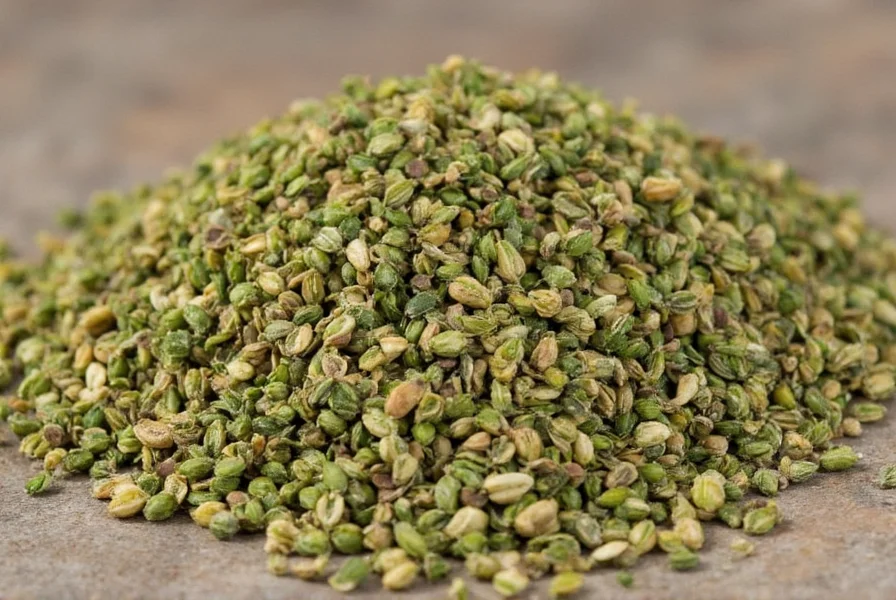
| Product Name | Features | Best For |
|---|---|---|
| Italian Oregano by Spices & Co. | Handpicked from Southern Italy, rich in essential oils. | Pizza, pasta, and meat dishes. |
| Greek Oregano by Mountain Harvest | Organic, sun-dried, and packed with bold flavor. | Soups, stews, and baked goods. |
| California Oregano by Herb Garden | Lightly processed to preserve natural nutrients. | Salads, dressings, and seafood. |
Proper Storage Tips for Long-Lasting Flavor
To maintain peak flavor and potency:
- Air-Tight Containers: Store in glass or metal jars with tight seals to block moisture and air.
- Cool, Dark Place: Keep away from heat sources like stovetops or windowsills.
- Label Dates: Note purchase date and replace every 6-12 months for optimal taste.
- Freeze for Bulk: Divide large quantities into small portions and freeze for up to 1 year without flavor loss.
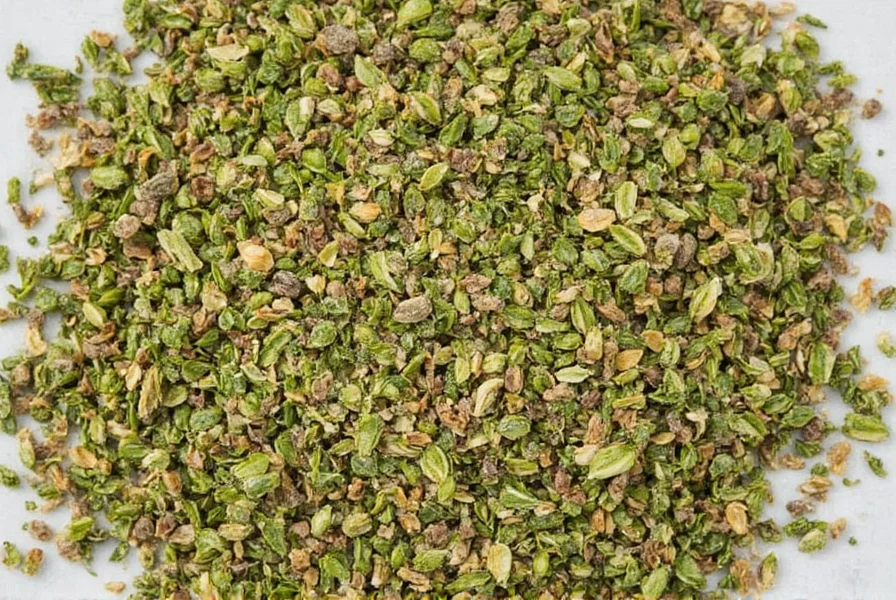
Dried vs. Fresh Oregano: What's the Difference?
| Feature | Dried Oregano | Fresh Oregano |
|---|---|---|
| Flavor Intensity | Stronger, earthier, and more concentrated | Milder, brighter, and more herbal |
| Shelf Life | 6-12 months when stored properly | 7-10 days refrigerated |
| Best Applications | Slow-cooked dishes, sauces, and baked goods | Salads, garnishes, and fresh salsas |
| Preparation | Ready to use; no washing needed | Requires washing and chopping before use |
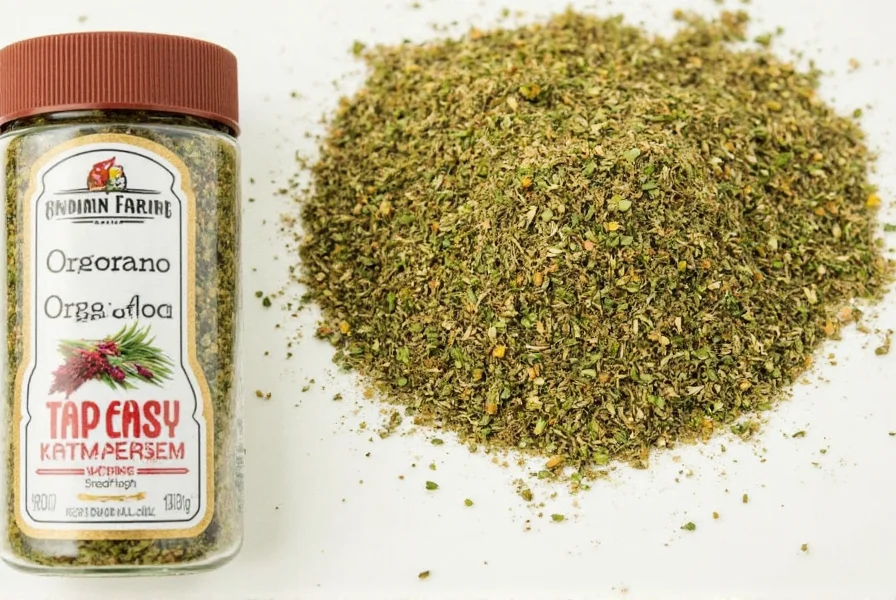
Frequently Asked Questions About Dried Oregano
How much dried oregano should I use compared to fresh?
Use one-third the amount of dried oregano when substituting for fresh. For example, if a recipe calls for 1 tablespoon of fresh oregano, use 1 teaspoon of dried. The drying process concentrates flavor compounds, making dried oregano significantly more potent.
What's the best way to revive old dried oregano that's lost its flavor?
Place 1 teaspoon of dried oregano in a bowl, pour 2 tablespoons of hot (not boiling) water over it, and let it steep for 5 minutes. Drain thoroughly before using. This temporarily restores volatile oils, but replace oregano older than 12 months for best results.
Can I make my own dried oregano at home, and if so, how?
Yes! Harvest sprigs in the morning after dew evaporates. Bundle 5-6 stems and hang upside down in a warm, dark, ventilated area for 1-2 weeks. Alternatively, dry leaves on a baking sheet at 150°F (65°C) for 2-3 hours. Store in an airtight container away from light.
Why does my dried oregano taste bitter sometimes?
Bitterness occurs when added too late in cooking or used excessively. Add dried oregano early in the cooking process to allow flavors to integrate. If bitterness appears, balance with a small amount of acid (lemon juice or vinegar) or sweetness (pinch of sugar).
What's the difference between oregano and marjoram?
Oregano (Origanum vulgare) has a stronger, more pungent, peppery flavor, while marjoram (Origanum majorana) is sweeter and more delicate. Oregano is ideal for robust dishes like pizza and tomato sauces, while marjoram suits lighter preparations. Dried oregano maintains intensity better than dried marjoram.
Conclusion and Final Thoughts
Dried oregano is a culinary powerhouse when used correctly. By mastering proper measurements, timing, and storage, you can consistently elevate dishes with its distinctive earthy flavor. Remember: less is often more with dried herbs, and proper storage preserves potency for months. Experiment with different varieties to find your perfect match for specific recipes.
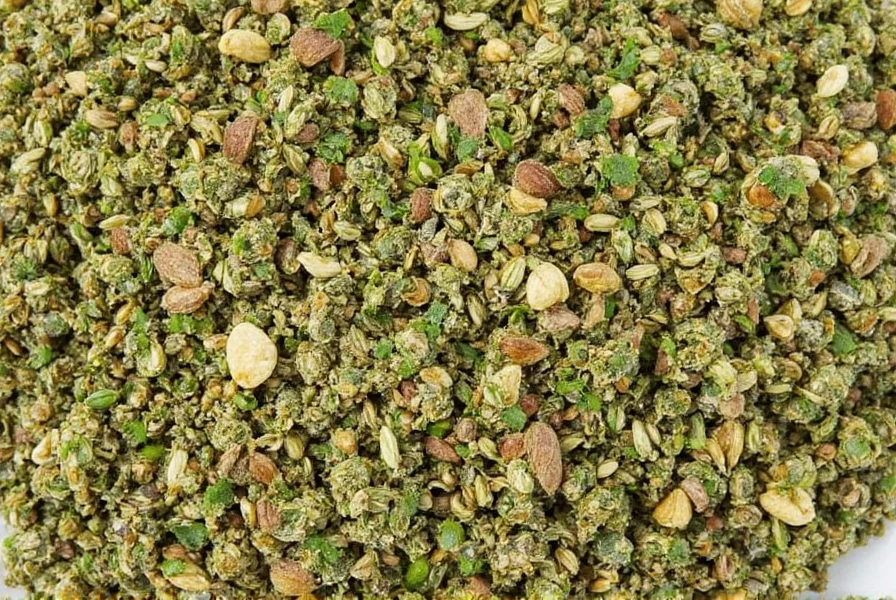

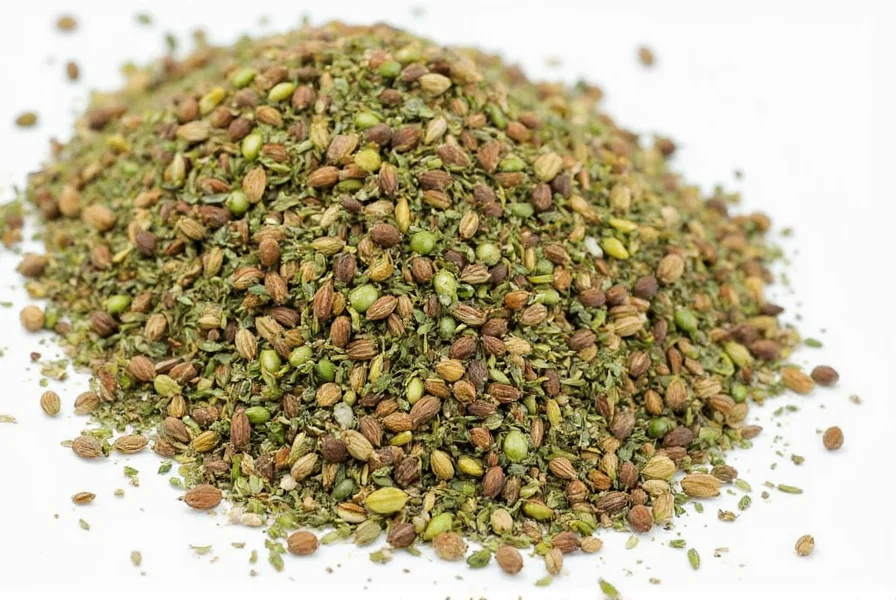









 浙公网安备
33010002000092号
浙公网安备
33010002000092号 浙B2-20120091-4
浙B2-20120091-4